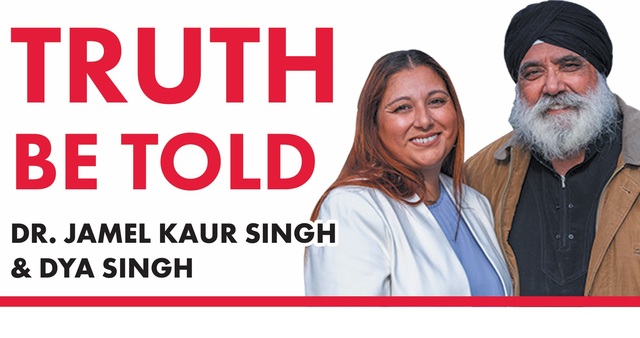One of my favourite public speakers is a man by the name of Eric Edmeades.
Although not widely known, he has shared a speaking platform with many other famous people (Sir Richard Branson, Tony Robbins and former President Bill Clinton to name just a few) and is a highly regarded thought leader, an effective communicator and founder of the WILDFIT® health transformation program.
Eric invented the term ‘hindsight window’ and defines it as “the time between when you experience a negative event and the time in the future where you end up perceiving that same event as a ‘blessing’.”
You can see a video of this at blog.mindvalley.com/how-to-master-your-state-of-being
Think about that for a moment, something apparently bad happens, yet it turns out to be for the best; can you think of situations where this happened to you?
A personal one that comes to mind for me is when I was working in my last corporate role and really not enjoying it when I saw an advert for a role which sounded tailor-made for me.
What’s more, it was being advertised by a recruitment agent that I had worked with in the past and who knew me relatively well.
I applied for the role and secured an interview. The interview felt like it went well but a couple of weeks later I was advised that I had been unsuccessful.
I was devastated since I saw this as my way out. What made me feel worse at the time was that I knew the person who got the job and whilst he was thoroughly deserving of it, it felt like a massive personal disappointment.
Whether I would actually have enjoyed the role will never be known, but having not got it, I resolved to start my own business and found far greater personal satisfaction in running this than working for someone else.
If you think about it for a while, I am quite sure you will be able to uncover many situations for yourself where something that appeared to be bad at the time turned out to be for the best in the long run.
However, what really matters here is the mindset we adopt when we experience what appears to be a negative event.
For some, especially those who are ‘below the line’ thinkers, i.e. ‘victims’, it can take months or years to get over and for a few, they never really do.
For these people, the ‘hindsight window’ is long, tends to have an adverse impact on other events down the line and will have a major impact on an individual’s happiness.
According to Edmeades, this leads to what he calls an ‘emotional formula’ – “resentment/regret in the past equals fear in the future” and demonstrates how hanging on to negativity will continue to impact poorly on future events.
Similarly, for those ‘above the line’ ‘victors’, they realise that a negative event often leads to positive outcomes and so for them the ‘hindsight window’ of disappointment is short.
These people tend to have gratitude for such events and so a second Edmeades emotional formula is: “However much gratitude you have will show up as faith in your future.”
I recently heard that true happiness is achieved through a combination of gratitude, mindfulness and empathy and this tends to correlate pretty well with Edmeades’ view.
Simply said, it is the way you respond and react to a particular event that has a profound impact on what follows.
The great news about this (and something which is not always appreciated) is that you can actually choose how you respond to specific events.
It may take a bit of practice, especially if you have the tendency to assume the worst, but practising changing how you react personally to events will provide you with a greater sense of control over your life and business as increasing your personal happiness.
Ian Ash is the managing director of OrgMent Business Solutions ombs.com.au







